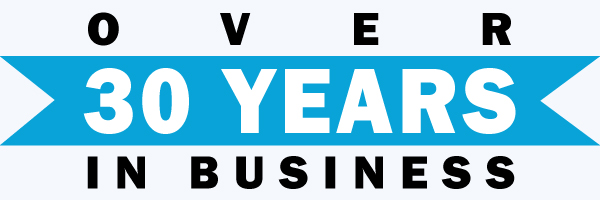
Get a Grip! What Does My Grip Strength Reveal About My Health?
While you might think that your grip strength is only good for a firm handshake, the strength of your hands can actually be a predictive indicator of your overall health. As such, many chiropractors and doctors will use physical therapy equipment designed to test your grip among other automatic strength tests.
But what does your grip strength say about your overall health? Here are some of the primary indicators about your health that doctors, chiropractors, and more can glean from a simple grip test.
But first: What is grip strength?
Before we dive into the importance of grip strength, we need to know what it is and how it's measured.
Grip strength is synonymous with hand strength and it is a measure of the muscle health of your hands and forearms. Grip strength is typically measured in pounds, kilograms, or Newtons by squeezing a type of muscle strength testing equipment, known as a dynamometer, about three times in each hand. The average healthy grip strength for men is a squeeze of about 72.6 pounds while women typically measure around 44 pounds.
Should your score fall below this measurement, it could be an indicator of a variety of health issues. Keep in mind that grip strength often decreases as you grow older and it isn't a measurement of your pain thresholds. Here are some of the many ways grip strength can reveal hidden issues in your health.
Physical therapy
Grip strength is often a good measurement of how physical therapy is going for an injured patient. Because sensitive pieces of physical therapy equipment are used to track even the slightest changes in grip strength, this can be a good indicator for tracking the progress of physical therapy patients. A stronger grip will imply that someone is benefiting from the physical therapy while a weaker grip suggests a change in therapy is necessary.
Cardiovascular health
Your grip strength can also indicate the strength of your heart health. According to the Harvard Medical School, a decrease in grip strength of about 11 pounds is linked to a 17% increased risk for heart disease and dying from it as a result. It's also linked to a 7% increased risk for heart attack.
Even when researchers attempted to adjust their study of more than 140,000 adults for external factors, including smoking and age, they still found that grip strength was a stronger indicator for cardiovascular disease than blood pressure. Grip strength can also indicate your risk for stroke and serve as a reliable measurement of your biological age, not your chronological age.
How can I improve my grip strength?
You can improve your grip strength by engaging in a variety of hand exercises. This can be as simple as lifting weights or using a shovel to improve your home's garden. You can also talk to your doctor; they have a variety of rehab tools and systems which work to improve your overall health. Since grip strength tends to increase when you better your overall health, engaging in other forms of physical therapy and exercise is encouraged. In fact, just 10 minutes of exercise or other physical activity every day can help you improve your mobility, avoid disability, and live even longer.
Your grip strength and range of motion are valuable indicators of your overall health. Rely on a doctor who uses functional assessment tools and a range of physical therapy equipment when you want to take your strength into your own hands...err, grip. Contact JTech Medical today for more information on physical therapy equipment.
Share this article:


